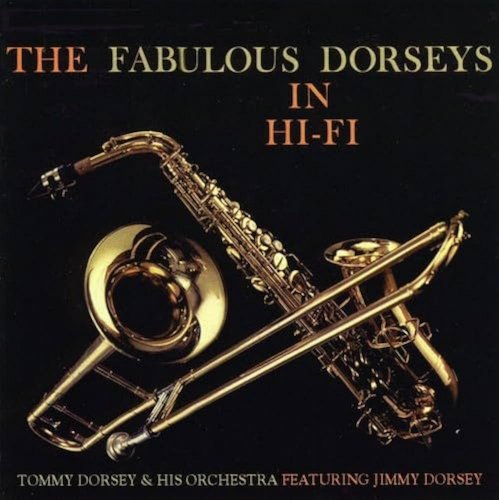Richard Egarr - Handel: 8 'Great' Suites (2014) CD-Rip
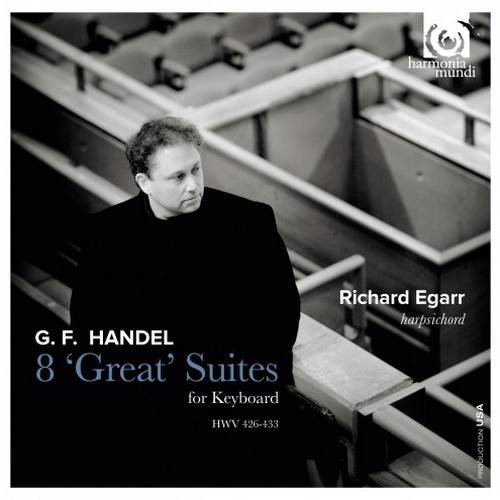
Artist: Richard Egarr
Title: Handel: 8 'Great' Suites
Year Of Release: 2014
Label: Harmonia Mundi
Genre: Classical
Quality: FLAC (tracks+.cue,log,scans)
Total Time: 01:58:12
Total Size: 810 Mb
WebSite: Album Preview
Tracklist: Title: Handel: 8 'Great' Suites
Year Of Release: 2014
Label: Harmonia Mundi
Genre: Classical
Quality: FLAC (tracks+.cue,log,scans)
Total Time: 01:58:12
Total Size: 810 Mb
WebSite: Album Preview
CD 1:
01. Keyboard Suite No. 1 in A major, HWV 426: Pr‚lude
02. Allemande
03. Courante
04. Gigue
05. Keyboard Suite No. 2 in F major, HWV 427: Adagio
06. Allegro
07. Adagio
08. Allegro
09. Keyboard Suite No. 3 in D minor, HWV 428: Pr‚lude: Presto
10. Allegro
11. Allemande
12. Courante
13. Air - Doubles 1-5
14. Presto
15. Keyboard Suite No. 4 in E minor, HWV 429: Allegro
16. Allemande
17. Courante
18. Sarabande
19. Gigue
CD 2:
01. Keyboard Suite No. 5 in E major, HWV 430: Pr‚lude
02. Allemande
03. Courante
04. Air - Doubles 1-5
05. Keyboard Suite No. 6 in F sharp minor, HWV 431: Pr‚lude
06. Largo
07. Allegro
08. Gigue: Presto
09. Keyboard Suite No. 7 in G minor, HWV 432: Ouverture: Largo - Presto - Lentement
10. Andante
11. Allegro
12. Sarabande
13. Gigue
14. Passacaille
15. Keyboard Suite No. 8 in F minor, HWV 433: Pr‚lude: Adagio
16. Allegro
17. Allemande
18. Courante
19. Gigue
Performers:
Richard Egarr, harpsichord
“[These suites] have rarely been recorded or promoted by harpsichordists during the most recent revival of interest in ‘early music.’” I realize that Richard Egarr is entitled to his own opinions—his liner notes on an earlier release, for example, likened the humor in Purcell’s harpsichord music to that of the wonderful old 1950s BBC comedy The Goon Show —but he’s not entitled to his own facts. Christopher Brodersen pointed out in a 2011 review of these works featuring Laurence Cummings ( Fanfare 34:5) that ArkivMusic listed nine complete sets played on the harpsichord, with several others on the piano. I find some of the suites have considerably more recordings than that, in 2014: 26 for the Suite in A Major, 28 for the Suite in D Minor, 25 for the Suite in E Minor, 47 for the Suite in E Major. If such numbers reflect rare recordings, I have to wonder what Egarr would consider a moderate number, let alone a frequent one.
I do share with him a strong regard for the Suites, however. Though musicologists differ over the dates of their creation—and it’s quite likely many were revisions of earlier works, a practice to which the composer was exceedingly prone—they demonstrate as a whole remarkable uniformity, a Handelian synthesis of South German and Italian keyboard characteristics within the larger frame of a very definite French style and structure. Egarr notes that their textures sometimes require awkward fingerings, and that Muffat rewrote the works in 1735 to make them more easily playable, producing a different effect—would that one or two of these pieces had been included in this collection!—but they never sound awkward here. And they achieve an expressive variety through a multitude of means that does not reflect poorly on the composer of the great operas, oratorios, and orchestral suites.
I find Egarr in these works much as I did in his monumental undertaking of Louis Couperin’s harpsichord music (Harmonia Mundi 907511.14)—supple in his phrasing, and selecting tempos that feel unerringly correct. He ornaments repeats, and furnishes cadenzas which are always sensibly chosen and constructed. Where the music lends itself to the style brisé , Egarr takes his cue and heads off in that direction. Several of the preludes are obviously meant for this treatment, such as those to the A Major, F? Minor, and E Major, and at such times the harpsichord’s ancestor, the lute, is most apparent. He adjusts accordingly, however, so that the textures of the Overture that leads off the Suite in G Minor are given their proper, very orchestral, weight, as is the same Suite’s remarkable Passsacaille.
While that Passacaille is as virtuosic as any you will find on disc (including that of the at times manic Jory Vinikour on Delos 3394), it is in the more sensitive, slower music that I believe Egarr especially shines: the Air and Doubles in the D-Minor Suite, the graceful Courante from the A-Major Suite, and particularly the Sarabande in the G-Minor Suite, where the harmonic suspensions are given full weight. To his credit, Egarr never engages in that practice Brodersen found so annoying in Cummings, and which I have in several harpsichord recordings of Sempé: a manneristic rushing through rhythmic groups, leading to a loss of the music’s pulse. Every note receives its due regard both in the immediate phrase and the overall structure of each piece. It is playing of a high order, from a musician who clearly loves this music and wishes to share what he’s discovered with others.
The instrument heard is the one Egarr has employed in both previous releases of his that I’ve reviewed, a copy of a 1638 Ruckers by Joel Katzman. He mentions having it strung tighter than usual to approximate the A=422 of a surviving tuning fork owned by Handel, and used by him in London. It certainly does sound less mellow than on those earlier albums, if still capable of charming delicacy; but I trust he gave it some time off and a good stiff drink or two to unwind after this recording was finished.
This joins the three volumes of Handel that Sophie Yates has recorded (Chandos 0644, 0669, 0688) for my pick of the finest Handel on harpsichord. Highly recommended.
I do share with him a strong regard for the Suites, however. Though musicologists differ over the dates of their creation—and it’s quite likely many were revisions of earlier works, a practice to which the composer was exceedingly prone—they demonstrate as a whole remarkable uniformity, a Handelian synthesis of South German and Italian keyboard characteristics within the larger frame of a very definite French style and structure. Egarr notes that their textures sometimes require awkward fingerings, and that Muffat rewrote the works in 1735 to make them more easily playable, producing a different effect—would that one or two of these pieces had been included in this collection!—but they never sound awkward here. And they achieve an expressive variety through a multitude of means that does not reflect poorly on the composer of the great operas, oratorios, and orchestral suites.
I find Egarr in these works much as I did in his monumental undertaking of Louis Couperin’s harpsichord music (Harmonia Mundi 907511.14)—supple in his phrasing, and selecting tempos that feel unerringly correct. He ornaments repeats, and furnishes cadenzas which are always sensibly chosen and constructed. Where the music lends itself to the style brisé , Egarr takes his cue and heads off in that direction. Several of the preludes are obviously meant for this treatment, such as those to the A Major, F? Minor, and E Major, and at such times the harpsichord’s ancestor, the lute, is most apparent. He adjusts accordingly, however, so that the textures of the Overture that leads off the Suite in G Minor are given their proper, very orchestral, weight, as is the same Suite’s remarkable Passsacaille.
While that Passacaille is as virtuosic as any you will find on disc (including that of the at times manic Jory Vinikour on Delos 3394), it is in the more sensitive, slower music that I believe Egarr especially shines: the Air and Doubles in the D-Minor Suite, the graceful Courante from the A-Major Suite, and particularly the Sarabande in the G-Minor Suite, where the harmonic suspensions are given full weight. To his credit, Egarr never engages in that practice Brodersen found so annoying in Cummings, and which I have in several harpsichord recordings of Sempé: a manneristic rushing through rhythmic groups, leading to a loss of the music’s pulse. Every note receives its due regard both in the immediate phrase and the overall structure of each piece. It is playing of a high order, from a musician who clearly loves this music and wishes to share what he’s discovered with others.
The instrument heard is the one Egarr has employed in both previous releases of his that I’ve reviewed, a copy of a 1638 Ruckers by Joel Katzman. He mentions having it strung tighter than usual to approximate the A=422 of a surviving tuning fork owned by Handel, and used by him in London. It certainly does sound less mellow than on those earlier albums, if still capable of charming delicacy; but I trust he gave it some time off and a good stiff drink or two to unwind after this recording was finished.
This joins the three volumes of Handel that Sophie Yates has recorded (Chandos 0644, 0669, 0688) for my pick of the finest Handel on harpsichord. Highly recommended.
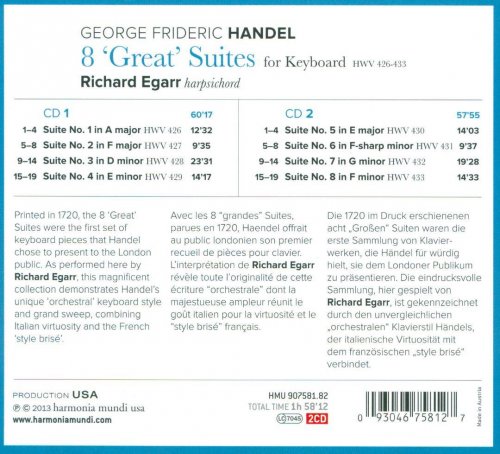
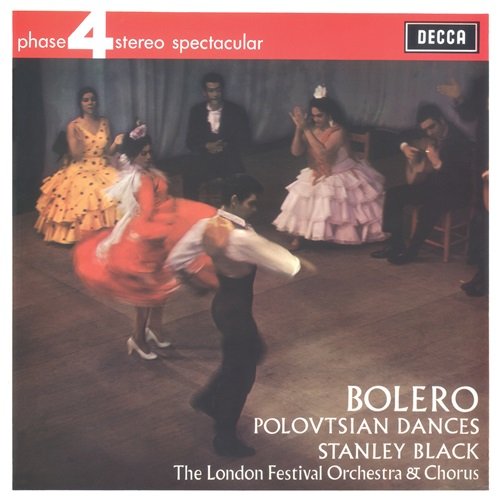
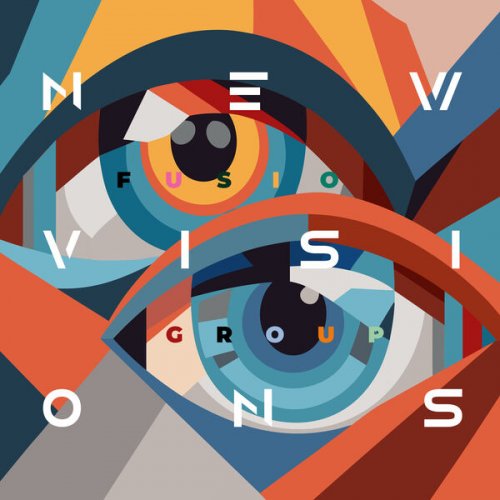
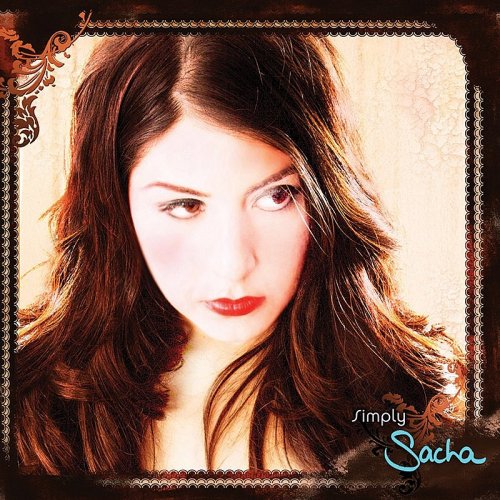
![Tim Kliphuis, Maya Fridman, Marc van Roon - Kosmos (2025) [Hi-Res] Tim Kliphuis, Maya Fridman, Marc van Roon - Kosmos (2025) [Hi-Res]](https://www.dibpic.com/uploads/posts/2025-12/1765893448_folder.jpg)
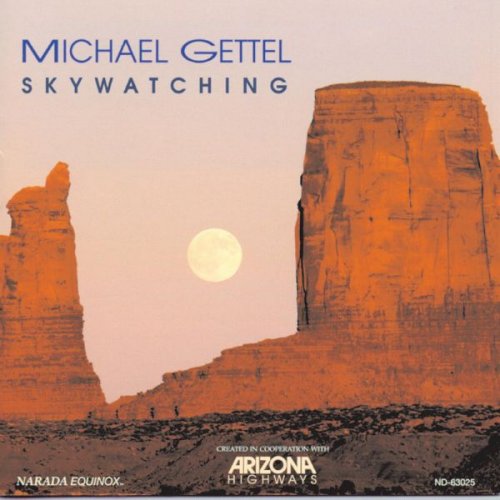
![The Mood Mosaic - The Sexploitation (Pulp Grooves From The Mondo Porno Vault) (2025) [Hi-Res] The Mood Mosaic - The Sexploitation (Pulp Grooves From The Mondo Porno Vault) (2025) [Hi-Res]](https://www.dibpic.com/uploads/posts/2025-12/1766131648_uhod8d4qn4msi_600.jpg)
![The Baroque Jazz Ensemble - The Baroque Jazz Ensemble (feat. Ira Schulman) (2025) [Hi-Res] The Baroque Jazz Ensemble - The Baroque Jazz Ensemble (feat. Ira Schulman) (2025) [Hi-Res]](https://img.israbox.com/img/2025-12/19/yehoqbmzkuwk180c26lz85clx.jpg)
![Don Cherry, Nana Vasconcelos & Collin Walcott - Codona (1979/2025) [Hi-Res] Don Cherry, Nana Vasconcelos & Collin Walcott - Codona (1979/2025) [Hi-Res]](https://www.dibpic.com/uploads/posts/2025-12/1765970766_cover.jpg)
